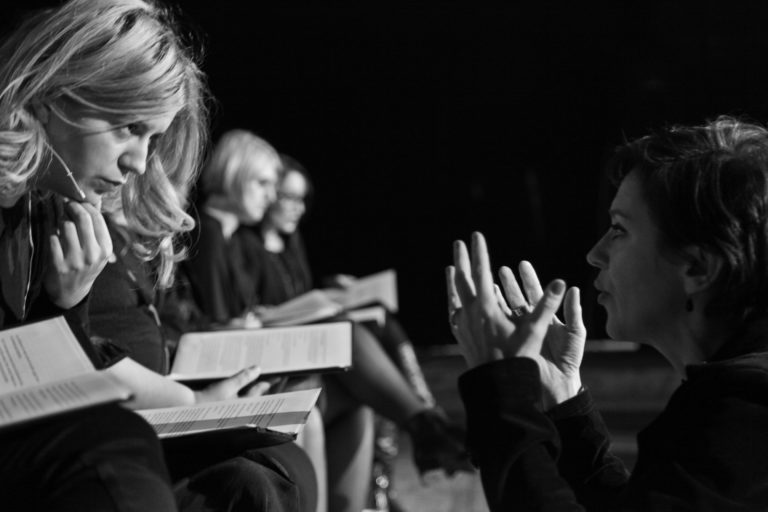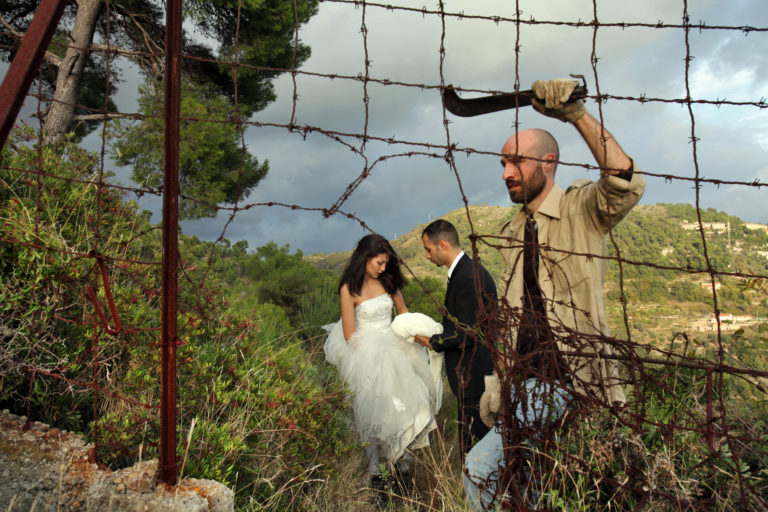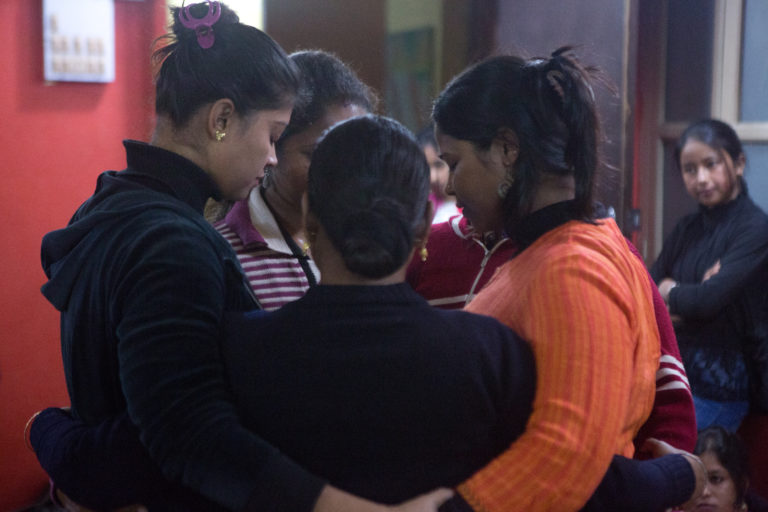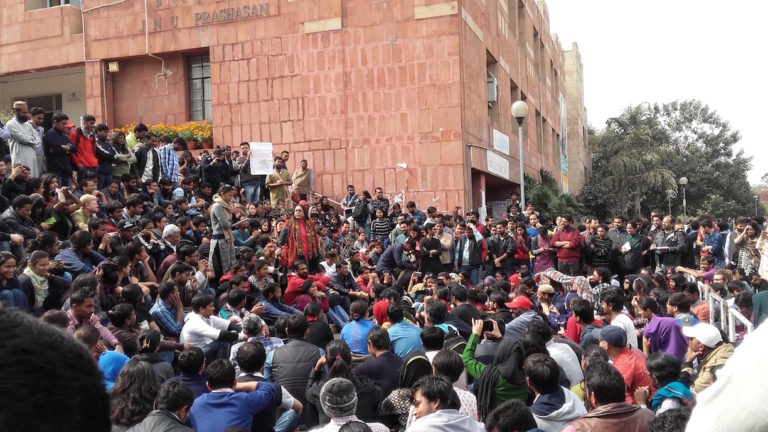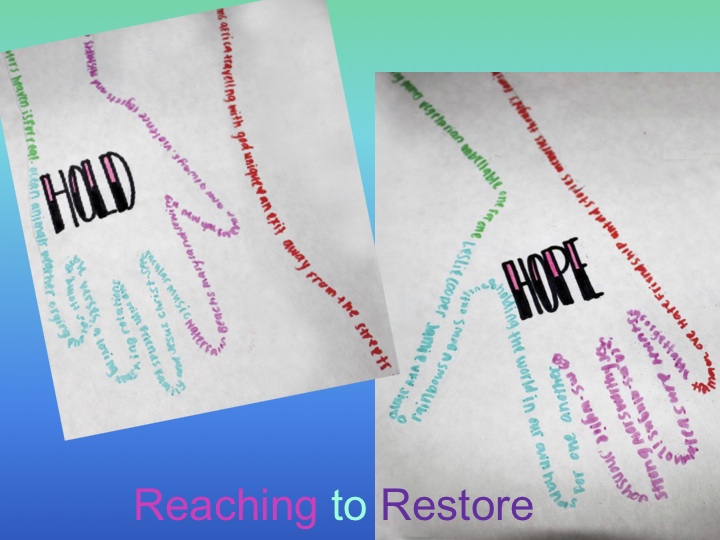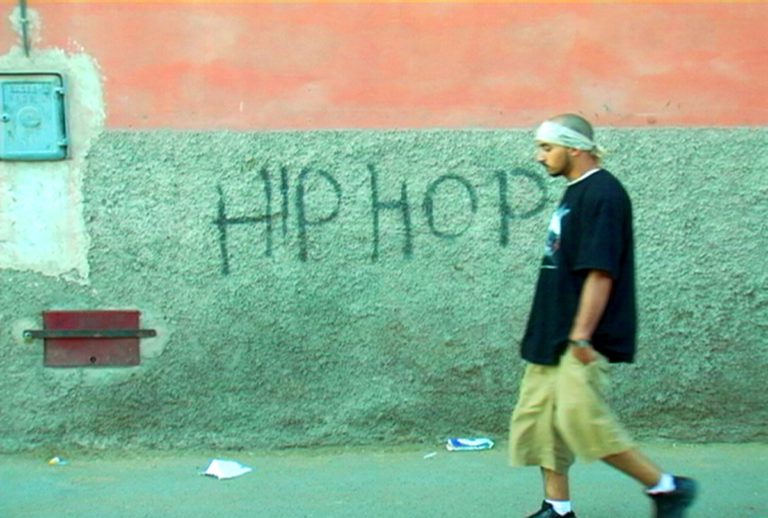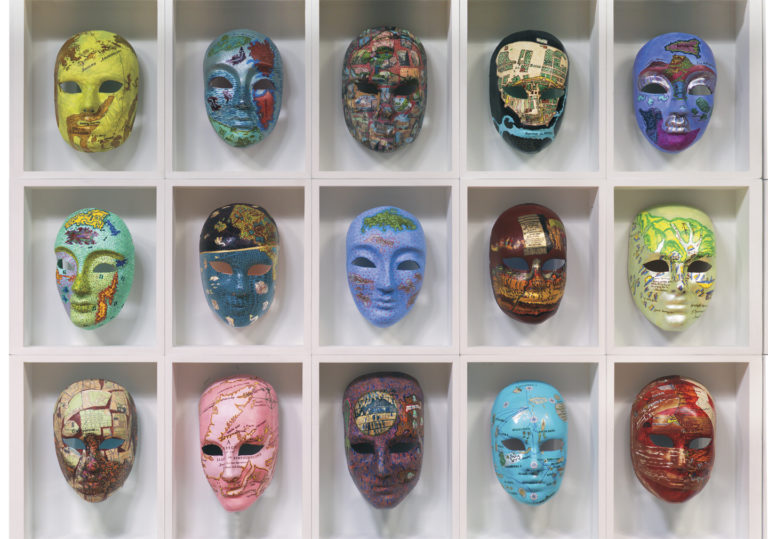In the contemporary globalized world, the life stories of marginalized and vulnerable peoples play a crucial role in attempting to leverage justice. Charities, non-governmental organizations (NGOs), and other bodies concerned to “raise the voices” of asylum seekers, displaced peoples, and victims of abuse flood the internet and other media with written and filmed testimonies in…
Issues
Concealment, Revelation, and Masquerade in Europe’s Asylum Apparatus: Intimate Life at the Border
In 2010, a landmark UK Supreme Court case was won on behalf of two gay men, from Cameroon and Iran, whose applications for asylum due to sexual identity had previously been rejected on the basis of a prevailing “reasonable tolerability” concept—that is, the view that gay applicants could conceal their homosexuality by acting discreetly upon…
Coerced Performances? Trafficking, Sex Work, and Consent
Since the millennium, there has been a growing global awareness about the business of human trafficking as it has exponentially expanded in relation to the neoliberal economic climate, the vast displacement of people through wars and conflict, and the growth of tourism and e-commerce. Because theatre and performance studies work through an epistemology of embodied…
Affective Labors: Love, Care, Solidarity in the Social Reintegration of Female Ex-Combatants in Colombia
In the Battlefield What can you tell me about love? This question was often followed by a combination of nervous laughter and bitter smiles. Thoughtful silence. As if love could not be part of life in the guerrilla ranks. As if love was not part of everyday life in times of war. Perhaps the former…
Mediations around an Alternative Concept of “Work”: Re-imagining the Bodies of Survivors of Trafficking
When I was rescued by the police and put in a shelter home, I felt angry. I did not know any other work. Before, I just had to lend my body and the work got done. I got paid, without having done anything (Poolish jokhon amake uddhar kore Shelter home e dilo, khoob raag hoechhilo.…
Beds and Tables: Ordinary Violence in Rascón Banda’s Hotel Juárez
Hotels make for great theatre. They are quintessentially modern (this is especially true of motels, by way of their association with automobiles); they allow for unexpected encounters and mysterious retreats—a clichéd feature of practically every spy drama and tale of illicit sex we can remember; they combine public (lobby, bar, dining room) with private (guest…
Polyrhythms of Citizenship
This talk was presented as a keynote address at the Gendered Citizenship: Manifestations and Performance Conference, January 6, 2015, at the University of Warwick. In this forty-two minute audio-essay, Roy theorizes what she calls polyrhythmic citizenship, the way the intelligibility of the concept of citizenship plays out, much like music, across different contexts and cultures. She discusses “transformative constitutionalism” and “insurgent citizenship” as the component parts of this citizenship, and takes for her key examples the founding of the Indian state and its constitution, and the Delhi gang rape case of 2012 which resulted in the death of Jyoti Singh.
Delhi Dispatches Blogs
Starting in February 2016, a protracted struggle has taken place on the Jawaharlal Nehru University (JNU) campus, pitting the students and their faculty supporters against the right-wing government of Prime Minister Narendra Modi and the Administration of the university. The protestors’ issues chime with the desire to leverage justice that drives this issue. This piece presents one senior scholar and one early career scholar blogging about these events.
Challenges of Praxis: ARM of Care and Kolkata Sanved
As part of our Gendered Citizenship project, we partnered or collaborated with several NGOs and theatre companies whose work is on the front lines of supporting survivors of poverty, violence, statelessness, and homelessness. We have listed these organizations and their websites in our “Further Resources” list at the end of this section. Here we share the “best practices” of two NGOs that work with survivors: one young and community-based (ARM of Care), growing quickly from a grass roots start; the other (Kolkata Sanved) engaged for twenty years to develop a substantial international reputation.
Editors’ Introduction: Disciplinary Stakes For Cultural Studies Today
Editors’ introduction to Issue 5.1. Includes an overview of articles in this issue, editorial announcements, and call for book review editor.
“A Black Man Replies”: Claude McKay’s Challenge to the British Left
Anne Donlon delves into the history of the British Left after World War I to assert the significance of the Black and feminist interventions of Claude McKay and Sylvia Pankhurst. Donlon centers the publication of “A Black Man Replies,” McKay’s letter to the editor published in Pankhurst’s newspaper The Worker’s Dreadnought, against white supremacist logics mobilized by prominent 1920s leftists that contributed to the reestablishment of policing of and violence against black men. Donlon’s archival discoveries weave together biography, material cultural analysis, and histories of trans-Atlantic activism, and, in the process, reveal the labor of building radical intersectional solidarity that came before and followed the moment of “A Black Man Replies.”
From ‘Hip Hop Revolutionaries’ to ‘Terrorist-Thugs’: ‘Blackwashing’ between the Arab Spring and the War on Terror
Rayya El Zein takes up a global analysis of how ideas of blackness, whiteness, and Arabness circulate in post-9/11 media accounts and argues that these concepts work to mediate Western understanding of politics in the Arab world. El Zein unpacks the paradox by which blackwashing is differentially deployed to mark certain Arab subjects as a “good rapper” or a “bad rapper,” and how both of these valences serve to expand neoliberal orientalism through the political familiarity promised by blackness. As an alternative, El Zein suggests attention to the material, historical, and geographic specificities of the power struggles that structure racial capitalism, classism, and racism, especially and essential because of their potential international unrecognizability.
Informatic Labor in the Age of Computational Capital
Jonathan Beller expands conversations about the role of the digital and the digital humanities through attention to the mechanisms by which the digital image is instrumental in neoliberal capitalist accumulation and colonialism. Beller argues that the digital image itself exploits the attentive labor of those who see it, organizes profitable patterns of spectatorship, and links communication directly to financial speculation. Through scrutiny of examples that attempt to disrupt the profitable, algorithmically-capitalized flow of data and attention through the interface of the screen, Beller’s article makes a pointed critique of the ways that fascism manifests in and might be combated via digital economies.
Mixing and Mingling Queerly: The Activist Sociality of Mentoring in the Personal Narratives of Coloma and Lorde
Edward Chamberlain takes on the pressing need for mentorship for queer youth, in particular queer youth of color. Addressing a dearth in both studies on and commitment to the wellness and flourishing of queer youth of color in institutions of higher learning, Chamberlain turns to what is in some respects both a traditional and nontraditional archive of resources: personal narrative writing by queer people of color. Taking up both Audre Lorde’s Zami: A New Spelling of My Name and Roland Sintos Coloma’s “Fragmented Entries, Multiple Selves,” Chamberlain argues that the structural hybridity of these narratives serves as a formal model for a queer mentoring methodology, and delves into the texts themselves for examples of how to mentor queer youth of color in and beyond the academy.
Forum Introduction: Emergent Critical Analytics for Alternative Humanities
Edited by Chris A Eng and Amy K King, this first of a two-part forum identifies and contemplates the emergent potential of four analytics for imagining alternative humanities. Structuring thought across disciplines, these analytics resonate strongly with the specific ways that cultural studies shifted, developed, and refined its ideas and focus: J. Kēhaulani Kauanui takes up settler colonialism; Kyla Wazana Tompkins, New Materialism; Julie Avril Minich, disability; and Jodi Melamed, institutionality.
